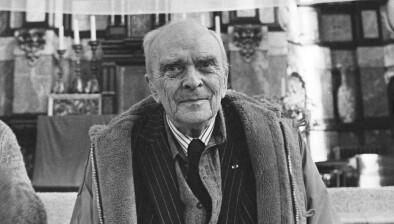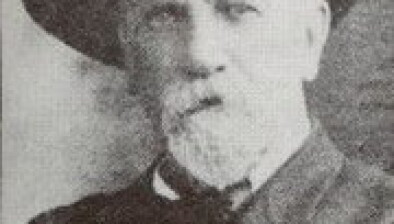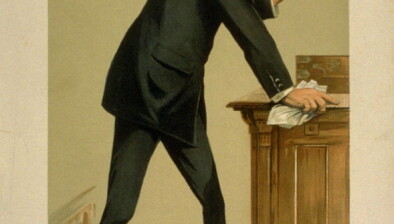Irish Legal Heritage: No sport on a Sunday

Anybody who has arrived at a “24-hour” supermarket in Northern Ireland after 6pm on a Sunday will suspect that the closed doors have something to do with observing the Sabbath in Christian tradition. What you might not know is that this rule has its origins in the Sunday Observance Act 1695, passed by the Parliament of Ireland as An Act for the better Observation of the Lord’s-Day, commonly called Sunday.
The Sunday Observance Act 1695 imposed a penalty of five shillings for the sale of “…any wares, merchandizes, fruit, herbs, goods or chattels whatsoever upon the Lord’s-day”, but it also prohibited the playing of sports “for prevention of disorders and breaches of the peace”. The Act stated that “by reason of tumultuous and disorderly meetings … that no person or persons whatsoever shall play, use, or exercise any hurling, commoning, foot-ball playing, cudgels, wrestling, or any other games, pastimes, or sports on the Lord’s-day”.
In Northern Ireland, the prohibition of playing sports remained in force until the 1990s, and became a bone of contention for Northern Ireland politicians in May 1995 when Craigavon council stated that its leisure centres would not open on Sundays “because of the Sunday Observance Act (Ireland) of 1695”. The council said that the archaic law was still operative, and that under s.3 of the Act, it was “… unlawful for anyone to take part in any Sport on a Sunday”.
Thereafter, the Sunday Observance Act 1695 was amended by the Deregulation and Contracting Out (Northern Ireland) Order 1996 to no longer apply to sports. Observance of the Sabbath continued in many sports, and indeed the Northern Ireland football team only played its first home game on a Sunday in 2015.









